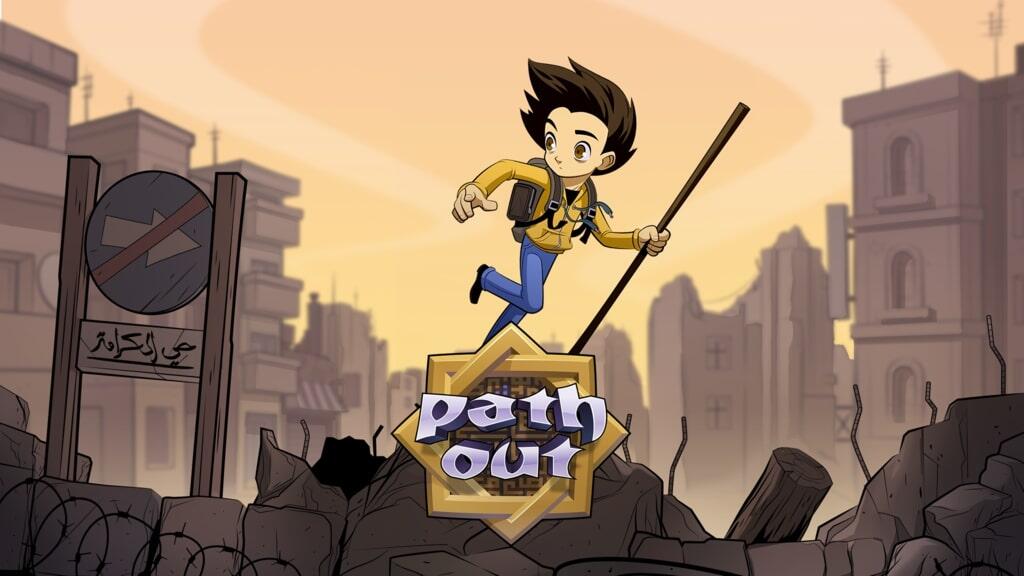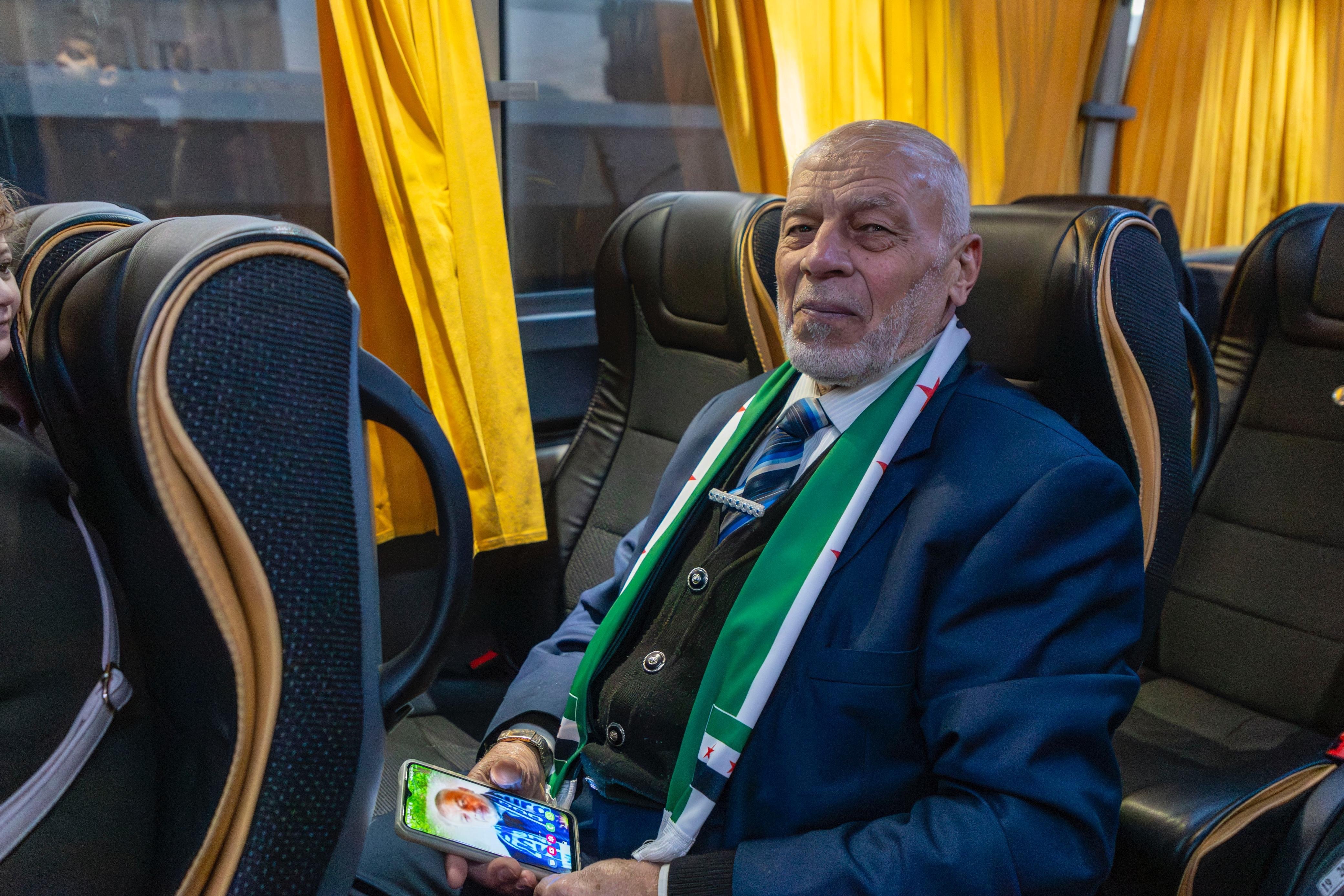Origami helps Syrian refugee shape new life in exile

Origami helps Syrian refugee shape new life in exile
Fadi’s hands are in constant motion as he talks – folding, pinching and teasing a sheet of paper, as he recounts the events that brought him from Syria to Jordan’s Za’atari refugee camp. A few minutes into his story he pauses and holds up a delicate paper lily. A smile brightens his face.
“I find origami indescribably interesting,” says the 26-year-old from Dara’a in southern Syria. “It allows you to make something from nothing, and for me it relieves my stress and releases all the negative energy. It is better than a stress ball.”
At the start of the Syrian conflict, Fadi, 26, was studying commerce and accounting at Tishreen University in the port city of Lattakia. It was here that one of his professors first introduced him to the ancient art of origami, or paper folding. But what began as a novel hobby back in Syria has since become an important part of his life in the camp.
Fadi is one of around 80,000 Syrians who currently call the bustling Za’atari camp home. In total, Jordan is host to 658,000 registered Syrian refugees, with the vast majority living in towns and cities across the kingdom.
Fadi was in his third year of university when the conflict forced him to abandon his studies. As the fighting moved closer to their home in Dara’a, and with his father working abroad, Fadi took the decision to move the family to Jordan in October 2013.
“I was responsible for 14 souls, mostly women and children,” says Fadi, referring to himself plus his nine younger siblings, mother, grandparents and his heavily pregnant wife. “I was so scared that one of them would be killed or hurt.”
They paid smugglers to drive them to the borders of Syria, Jordan and Iraq, where they were dropped off at 5 a.m. and told to walk through the desert towards a distant hill to reach Jordan. But after hours of walking in sweltering temperatures they were surrounded by wilderness, with no food and their water all gone.
“It allows you to make something from nothing."
Eventually they met some Bedouin herders who pointed them in the right direction, and they finally reached Jordan after more than 14 hours of walking. Once the Jordanian authorities picked them up, Fadi’s wife, who was seven months pregnant with twins, began to feel pain and was rushed to hospital.
“Our twins were stillborn,” says Fadi, simply. “After that we went to Za’atari, and life slowly started again.”
Fadi’s first priority after settling into the camp was to find work to help support his family. Having previously volunteered back in Syria at a centre for children with Down’s syndrome, he got a job as a classroom assistant on an informal education course for children run by NGO Relief International. The courses are held in the camp at a community centre funded by UNHCR, the UN Refugee Agency.
“It was then that I remembered the origami, and thought it would be something interesting and different to try with the kids,” Fadi says. The results were overwhelmingly positive, according to Fadi, particularly for those children with special needs or behavioural issues.
“The kids loved the fact that you can turn a piece of paper into something else – a bird, or a chair. It improves their concentration and their commitment. When I give them a project, they don’t get distracted or bored, they go for it until they are finished.”
“The biggest impact I’ve seen is with Miriam and Mohammed, two kids in the class with Down’s syndrome,” Fadi adds. “They used to have problems with their attention and aggression, but the change has been remarkable. Since they started origami last year they have something to focus their efforts on, and they are much calmer and happier as a result.”
As well as bringing enjoyment to his pupils, Fadi also credits his hobby with transforming his life in exile. “It has made me feel like an active member of the community here, and now people in the camp know who I am. It’s given me purpose as a refugee.”
Fadi describes the simple act of folding paper to make other objects as universal, understood by everyone who has ever made a paper plane, regardless of race or language. He dreams of one day teaching origami to refugee children in other parts of the world. “It’s something new, and I’ve seen how they respond to it. Origami breaks down barriers and gives kids hope.”













